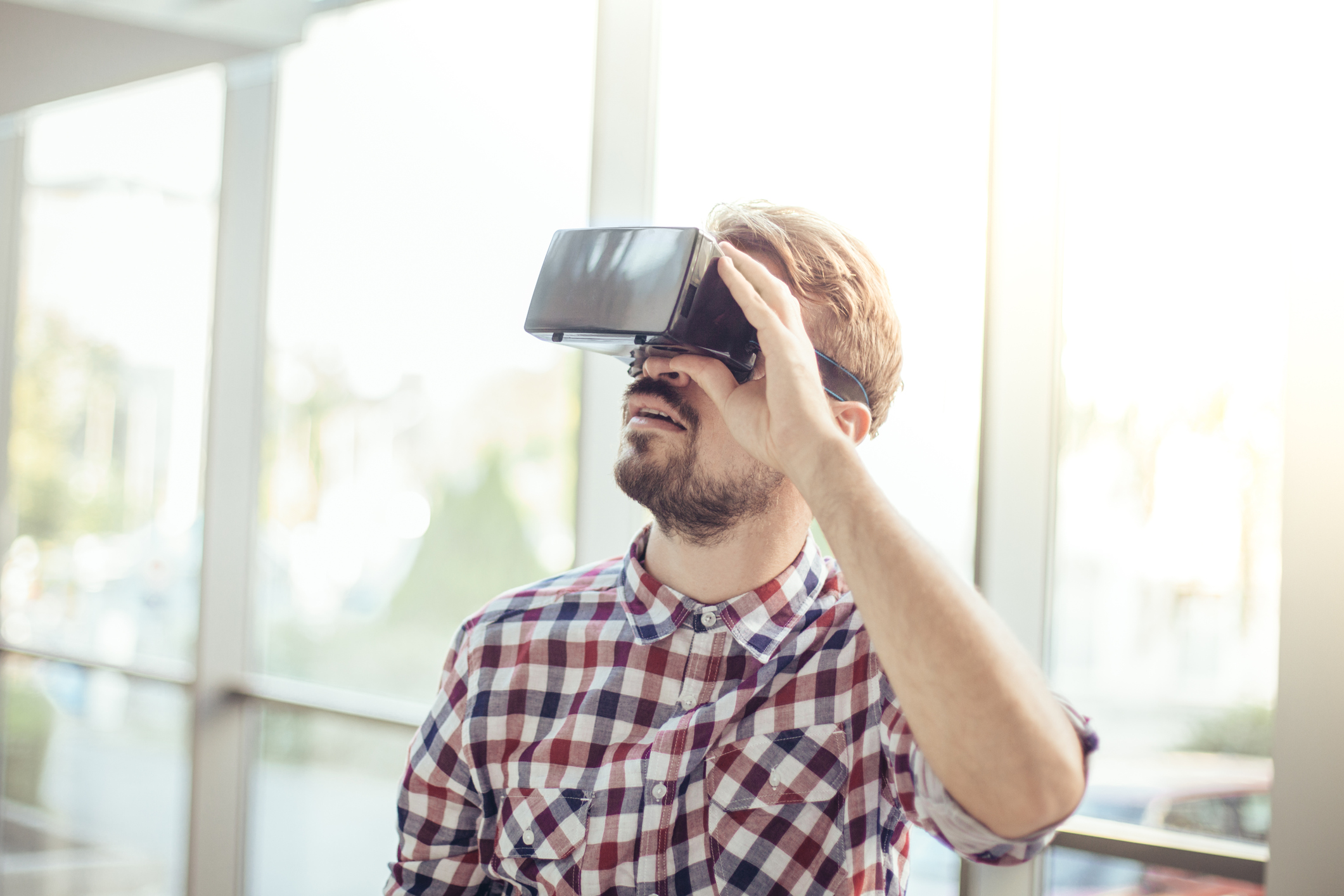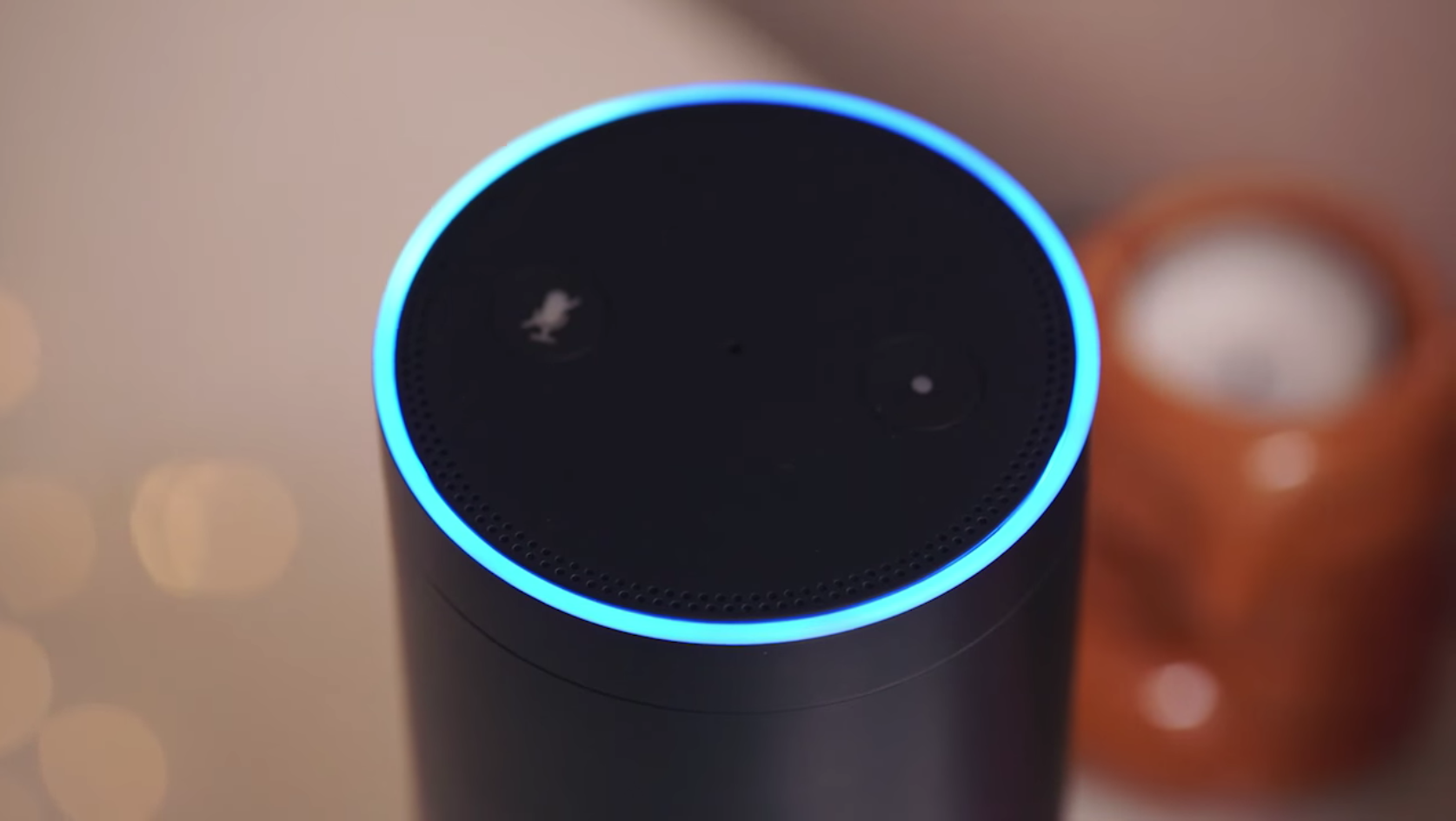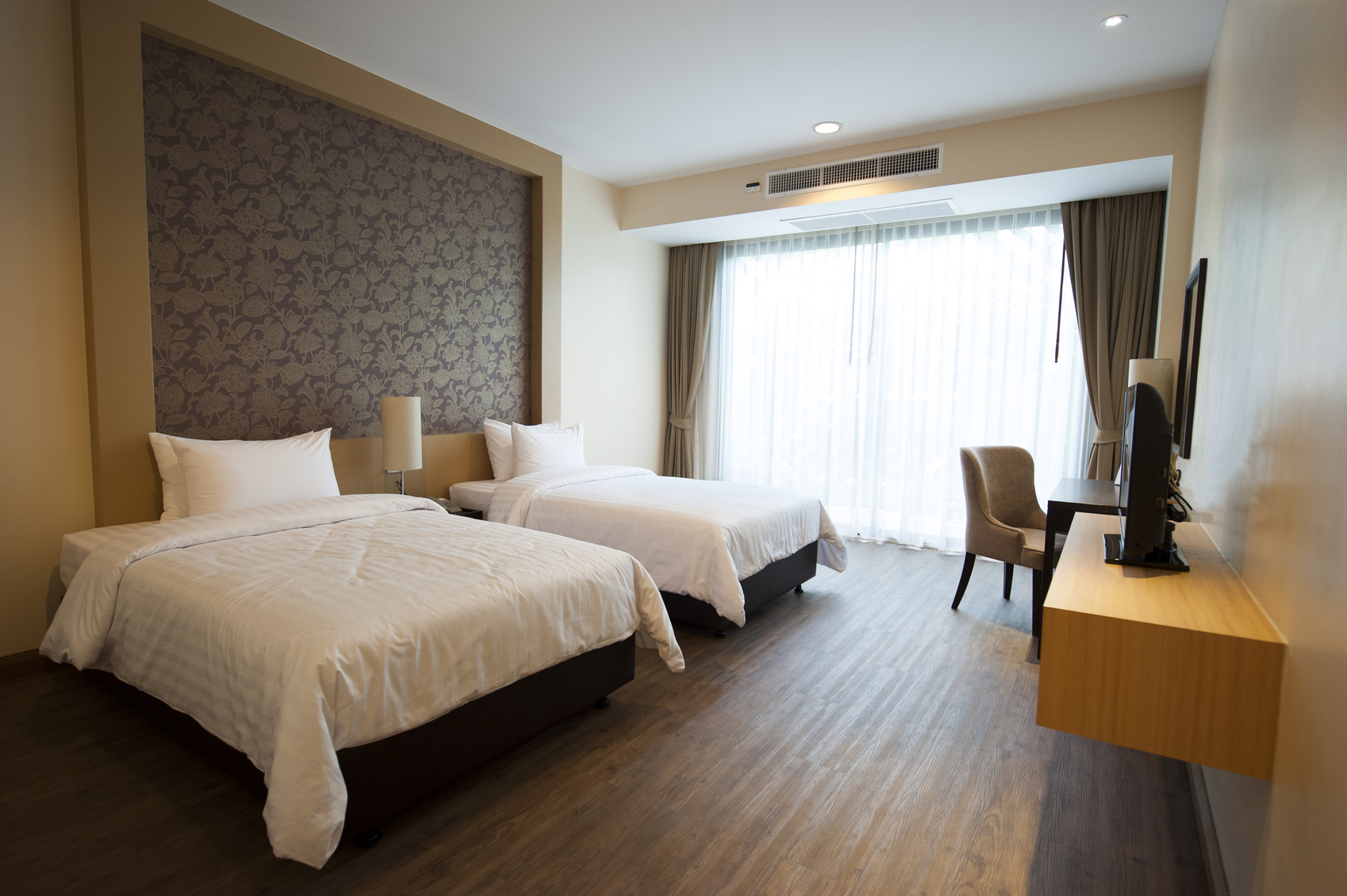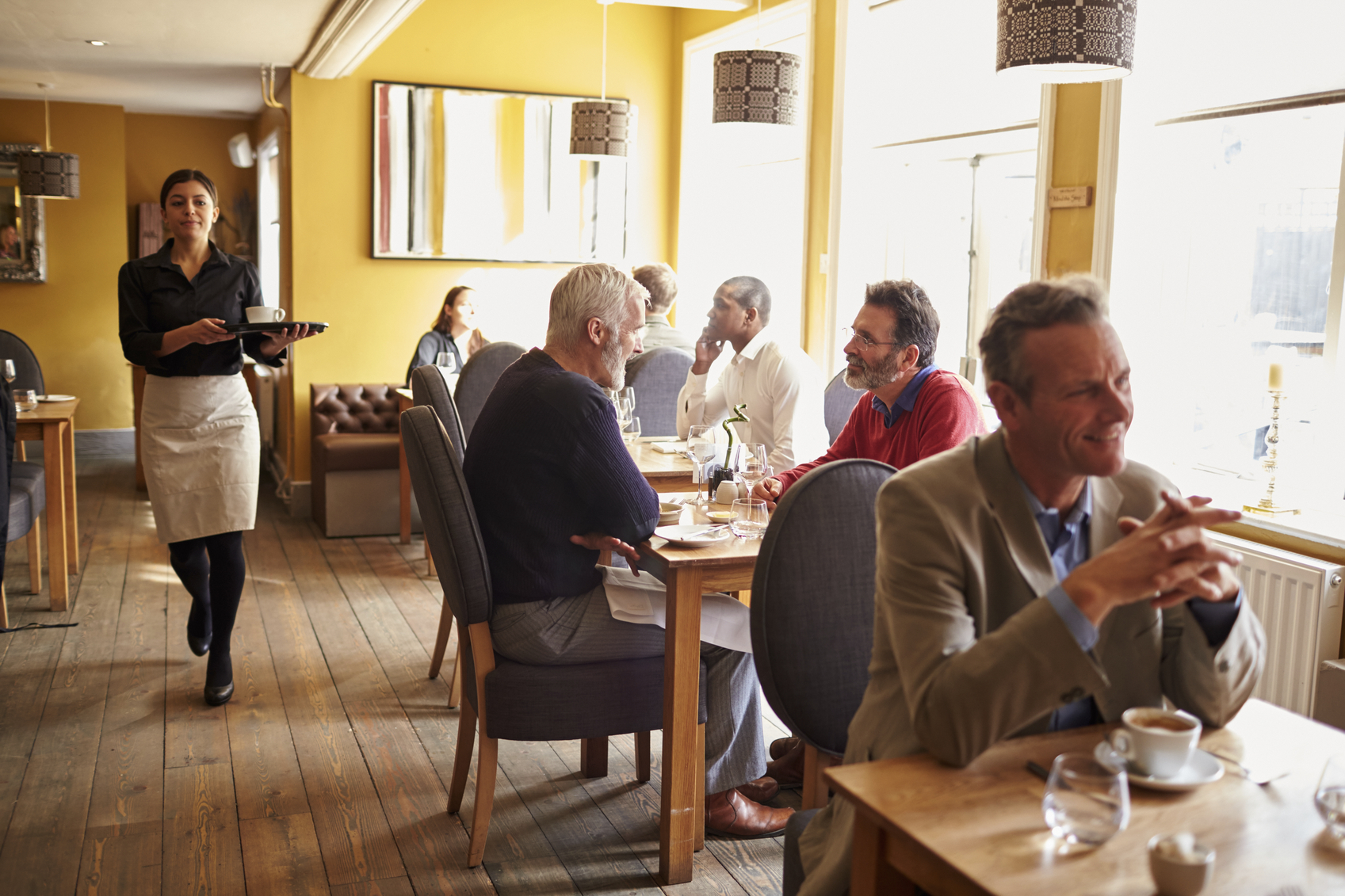What Happened
Popular travel booking site Expedia is testing a new VR initiative to allow customers to take a tour of the hotel rooms they are interested in before booking. Designed to be an interactive experience, users will be able to slide open a room door or step out onto the balcony to get a full 360-degree view of their prospective accommodations.
Details are scarce on when and how Expedia is planning to roll out this VR feature, but the company has long history of experimenting with virtual reality in its marketing efforts, including a campaign last year that uses a room-scale VR installation to transport sick kids to exotic locales and one launched this January that takes viewers on a mesmerizing VR train ride through rural Norway.
What Brands Need To Do
This is the latest example of the diversification of VR content as virtual reality gadgets start to percolate into the consumer market. VR’s immersive power makes it a powerful tool for travel and hospitality brands to sell prospective customers on the experience they offer. Hotel chains such as Marriott and St. Giles have been experimenting with VR and 360-degree content to attract consumer attention As mainstream adoption picks up, immersive content is emerging as a medium that brand marketers can capitalize on.
How We Can Help
Our dedicated team of VR experts is here to guide marketers through the distribution landscape. We work closely with brands to develop sustainable VR content strategies to promote branded VR and 360 video content across various apps and platforms. With our proprietary technology stack powered by a combination of best-in-class VR partners and backed by the media fire-power of IPG Mediabrands, we offer customized solutions for distributing and measuring branded VR content that truly enhance brand messaging and contribute to the campaign objectives.
If you’d like to learn more about how the Lab can help you tap into the immersive power of VR content to engage with customers, please contact our Client Services Director Samantha Holland ([email protected]) to schedule a visit to the Lab.
Source: Mashable






